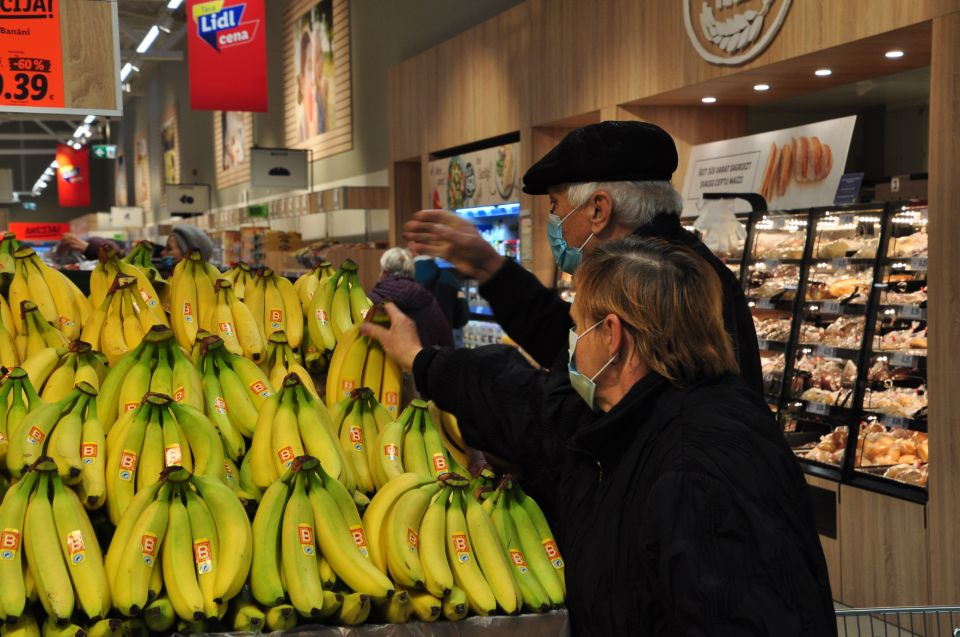Juris Šleiers, head of public relations at Rimi Latvia, said that the number of Rimi internet store customers has doubled. “During the last two weeks of lockdown, we see that shoppers are planning the time they arrive at the store, meaning we see more active shopping in the morning and during the day. The evenings are relatively calmer now. It seems like this is to stay, that we go to the store less frequently and plan shopping,“ said Šleiers.
It is also noted that people are increasingly preparing food at home, and experimenting: “We are witnessing an increase in products from various exotic kitchens – Asian cuisine, Mexican cuisine, all sorts of spices – people are buying more and more.“
Also, “Maxima Latvija” Director of the Analytics Department, Jeļena Popjonoka, said that shopper habits have changed significantly over the last two years of the pandemic, and in several directions. One of the directions is food choice, namely that shoppers increasingly prefer a healthy diet.
“13% of those surveyed responded that they were now starting to buy more vitamin-rich food and said that they were taking on more healthy diets. We can also see the same in our internal data. We see a 20% increase in vegetable sales over the last year and higher demand for local products,” Popjonoka said.
“Our last study shows that about half or 47% of Latvia's population say that they have started to visit the shop less frequently. [..] The proportion of customers in hypermarkets is growing, and over the last year around 38% have chosen to buy basic goods in larger shops,” said the spokeswoman for Maxima Latvija.
Social anthropologist Andris Saulītis said that when it comes to changing the habit of shopping frequency, it is driven by people's material conditions. In particular, those with more money shop less frequently.
"A store is not an equity state. The shop demonstrates equality as much as any other aspect in our consumption practice," said Saulītis.






























